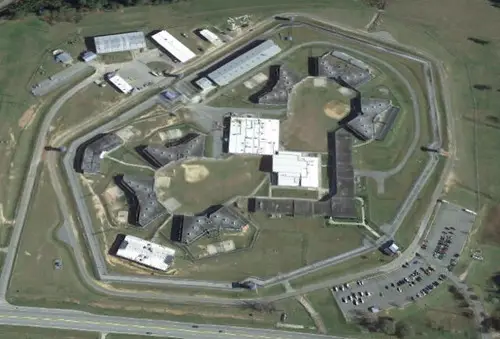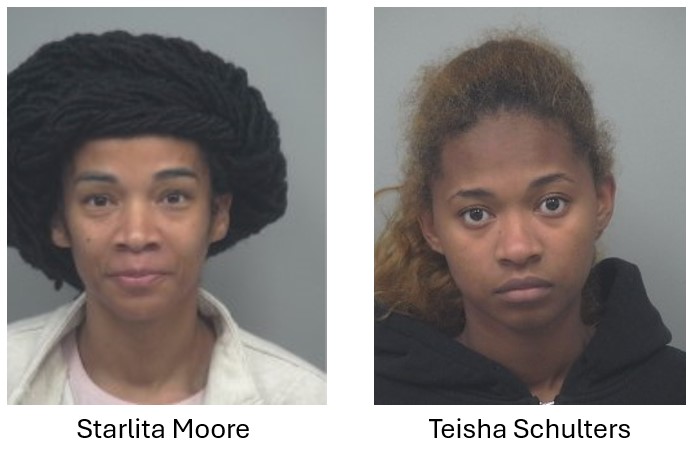James G. Maloney, former Chief Scientist for the Georgia Tech Research Institute, received a sentence of five years and ten months in federal prison, ending a chapter in a story that has entangled the CIA, the FBI, and Georgia Tech in a convoluted web of conspiracy, deceit, and criminal activity. The federal court also mandated Maloney to pay restitution of about $1.9 million.
Two other conspirators, James J. Acree, 58, of Atlanta, and James D. Fraley, III, 45, of Canton, were sentenced earlier to probation, and will pay restitution of $604,692.56 and $476,960.95 respectively. Both men had pleaded guilty in 2016 and collaborated with the government during the investigation.
The Charges
According to the office of U.S. Attorney Ryan K. Buchanan, from early 2007 to late 2013, the trio orchestrated a complex scheme defrauding both Georgia Tech and the CIA. The men were specialized in electromagnetic analysis and were assigned to GTRI’s Advanced Concepts Laboratory. They manipulated their positions to misuse funds earmarked for defense projects and classified intelligence tasks.
PCard Fraud
The case delved into the fraudulent use of a PCard, a Georgia Tech credit card designated for official use. Fraley was in charge of this credit card and was only authorized to use it for Georgia Tech’s official business activities. However, the trio led the institution to believe that all the PCard expenses were legitimate. In reality, they made around $200,000 in personal charges. These ranged from remodeling expenses for their jointly owned rental properties under a corporation named J’s Services, Inc., to other lavish personal expenditures.
What’s more, some of these illicit PCard charges were linked to a classified GTRI contract funded by the CIA.
Fraudulent Consulting
Despite being previously warned about engaging in consulting activities that conflicted with Georgia Tech’s interests, Maloney and Acree continued this behavior and even looped in Fraley. They engaged in outside consulting with Acree’s former employer, Tec-Masters, Inc., a defense contractor based in Huntsville, Alabama. The trio duped the U.S. Air Force, Picatinny Arsenal, and SRA International by using Tec-Masters as a billing pass-through, thus receiving approximately $500,000. The group misled clients by using their official GTRI emails and office spaces, leading clients to believe that the work would be executed by GTRI.
Deceptive Business Practices
Furthermore, Maloney and Fraley provided consulting services to Spectra Research, Inc., receiving about $196,000 for this work. They directed Georgia Tech employees under their supervision at GTRI to assist in this unauthorized consulting, and even had the audacity to bill time for this Spectra work to a separate classified CIA contract.
The Cover-up
In early 2013, Georgia Tech started suspecting something amiss, thanks to a routine audit that flagged unusual charges on Fraley’s PCard. This triggered a series of cover-up meetings among the three men. Maloney even suggested cooking up a fictitious story to throw Georgia Tech auditors off the trail. The cover-up was exposed when Fraley, fearful that Maloney might scapegoat him, provided recordings of these meetings to the FBI.
Official Statements
U.S. Attorney Ryan K. Buchanan stated Maloney “took advantage of his high position at GTRI to line his own pockets at the public’s expense.”
Keri Farley, Special Agent in Charge of FBI Atlanta, lauded the investigative partnership with Georgia Tech, saying, “Maloney’s sentence should send a clear message to anyone seeking to abuse their positions for personal gain.”
The investigation was spearheaded by the FBI and the case was prosecuted by Assistant U.S. Attorneys John Russell Phillips and Stephen H. McClain, along with Trial Attorney Emma D. Ellenrieder of the Department of Justice National Security Division’s Counterintelligence and Export Control Section.
This sentencing brings closure to a protracted case, casting a shadow over Georgia Tech and government agencies involved. The incident serves as a cautionary tale about the potential risks and vulnerabilities even within highly trusted sectors.






